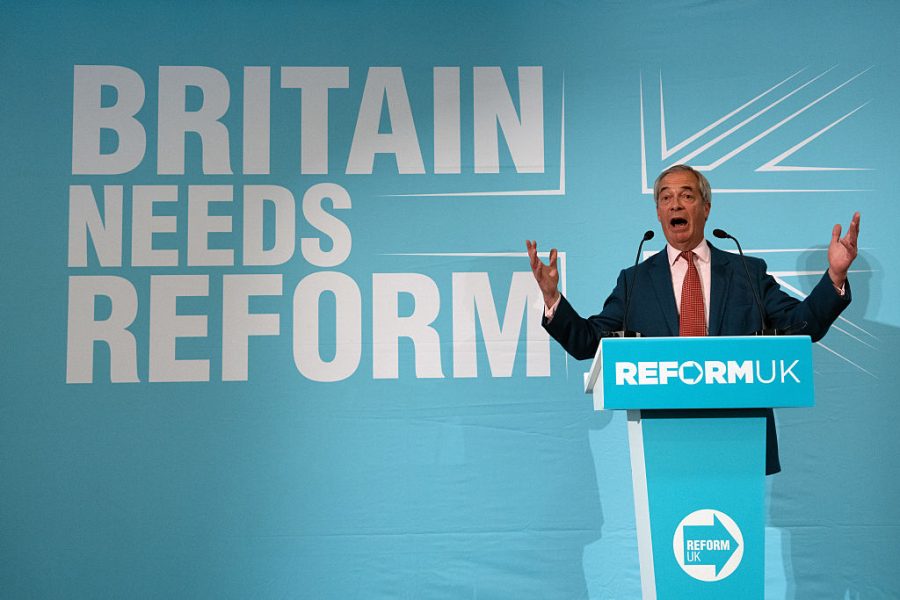We will hear plenty of familiar criticisms of the plan unveiled by Reform yesterday to bring non-doms, as wealthy foreigners who enjoy a special tax regime in the UK are known, back. It will make Britain a magnate for tax dodgers and money launderers. It will increase inequality. And the only jobs it creates will be as servants of the super-rich. In fact, however, the only problem with the Reform plan is that it doesn’t go far enough. The party should be a lot more ambitious as it prepares for a potential government.
It will certainly be a major change. After a decade over which all the political debate has been about how to impose higher taxes on the rich, Nigel Farage, the leader of Reform, will this week set out plans to bring them back. A new ‘Britannia Card’ will allow both foreigners and returning expats to pay a flat fee of £250,000, in return for which their worldwide income would be exempt from most UK taxes for 10 years. The money raised would then be distributed in the form of a ‘Britannia worker’s dividend’ to low-paid employees, with a bonus worth an estimated £600 to £1,000 a year.
Reform’s plan has the potential to change the economic argument
There are legitimate criticisms of the Reform plan. It may be complex to implement, and earmarking the income generated for a ‘dividend’, while politically clever, may prove too fiddly. The tax system needs simplification, not yet more complex allowances. And yet, it has the potential to change the economic argument.
It is already clear that the Labour-Tory consensus on driving out the non-doms has been a disaster for the British economy, while the Starmer government’s determination to put up taxes on the rich has led to an exodus of wealth and talent. Reform has recognised how damaging that has become, worked out that the UK needs to attract wealth, and recognised that the entrepreneurs and business owners who have left the UK need to be bought back. Indeed, extending the tax break to returning British nationals may well prove the most significant part of the package.
But Reform could afford to go even further with their plan. The £250,000 flat fee may well need to come down if the UK is to compete with similar deals available in Italy and Greece or the zero taxes levied in Dubai and the Caribbean. A much lower annual threshold may well generate more revenue overall. And it should extend the offer to foreign entrepreneurs, with a far lower rate of Capital Gains Tax to start-ups who want to move from their high-tax bases in Paris, Stockholm or Madrid to a far more lightly taxed London, Cambridge or Bristol.
The important point, however, is this. As the non-doms and the wealthy flee the Chancellor’s Rachel Reeves’s increasingly punitive tax regime, she will now have to defend her decisions against a very clear alternative. As the disaster of taxing success becomes clear, that will become harder and harder – and Reform’s alternative will look a lot more attractive.






Comments